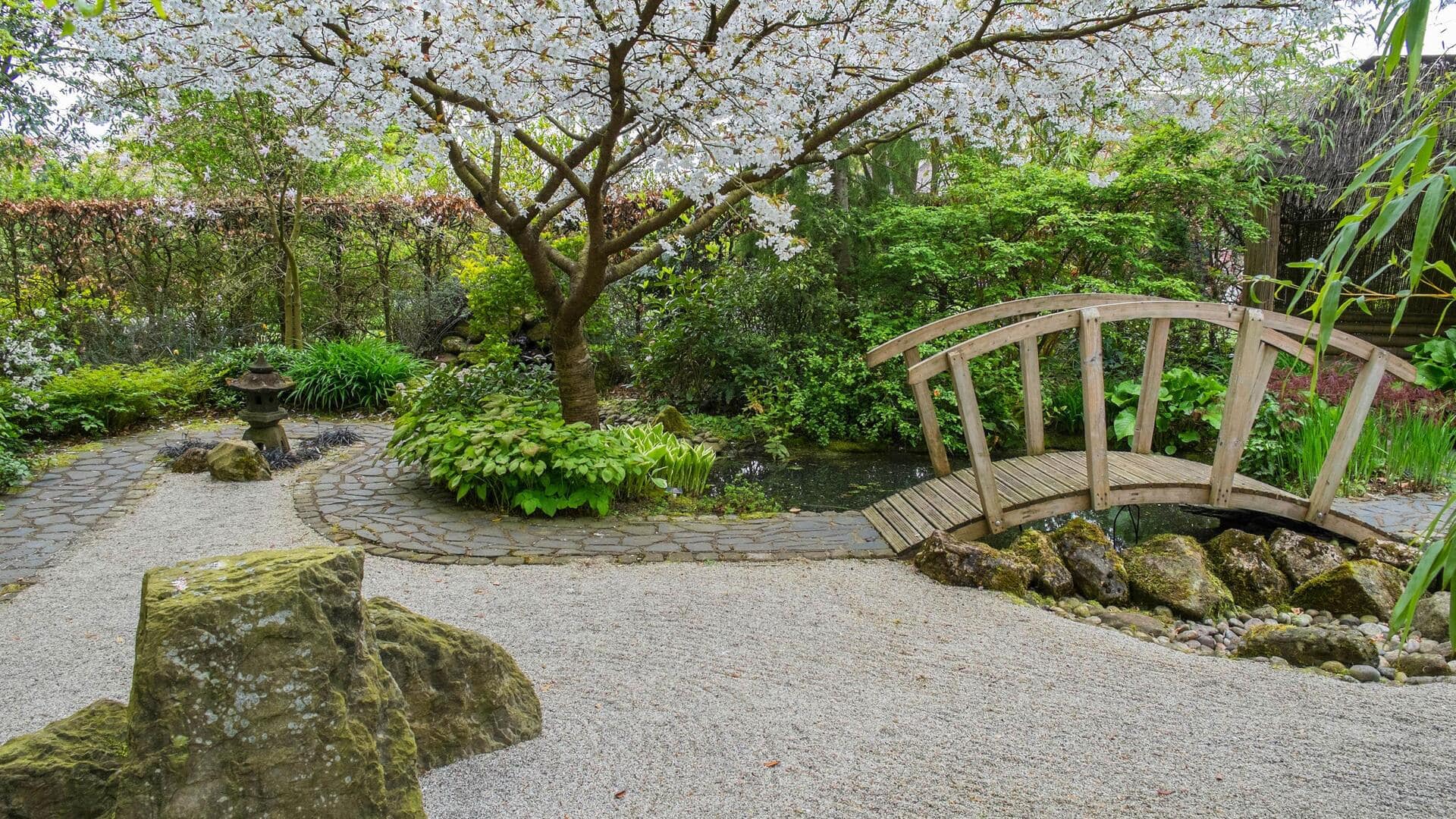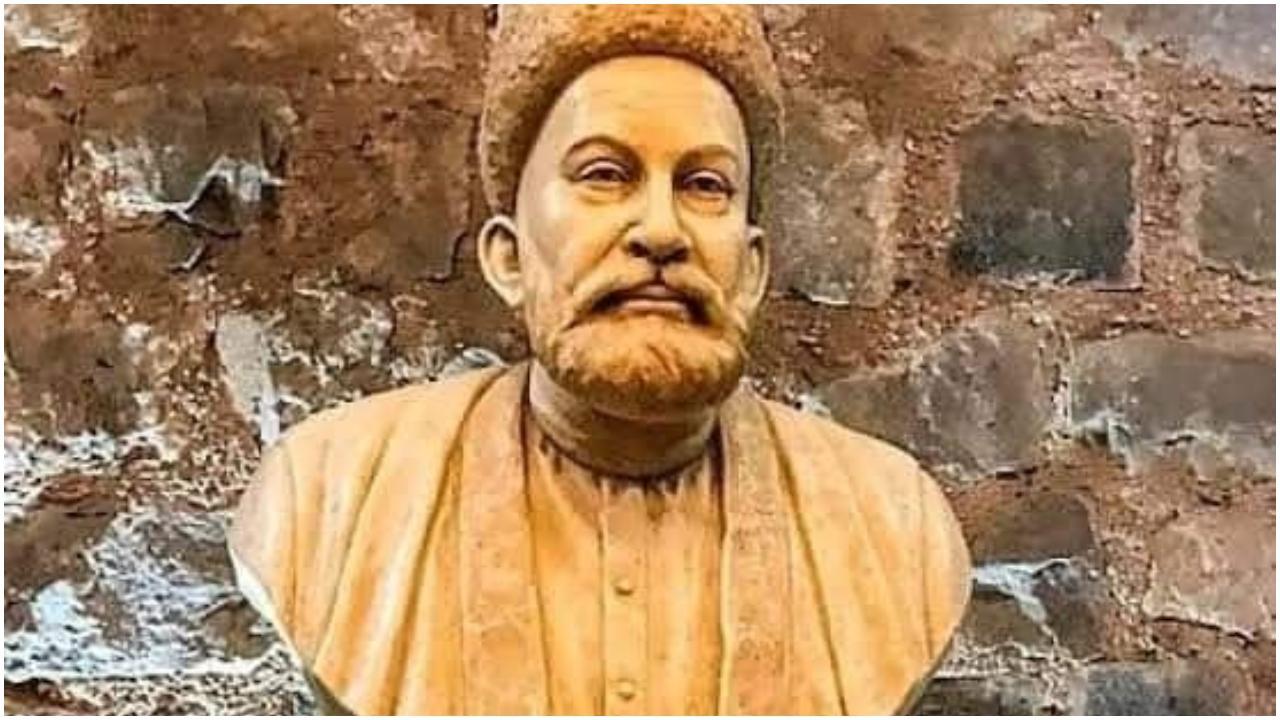The waters of the Blue Lagoon change colour throughout the day, from glistening turquoise to deep royal blue, depending on the height of the sun. Fed by a freshwater mineral spring that meets sandy beaches as it opens out to the sea, the luminous pool has become popular with holidaymakers and honeymooners. At one time, it was also an idyllic spot where locals in this pocket of northern Jamaica could learn to swim.
Local man Wilbourn Carr has fond memories of the place, which he used to access via paths through the rainforest. "Every member of my family up to the smallest child has been to the Blue Lagoon because of the impression it made on me," he told Dateline. Alex Moore-Minott, an Indigenous traditional healer from nearby Portland, once loved the tranquillity here.
"[The Blue Lagoon] is a place of extreme spiritual and cultural importance," he told Dateline. "People would visit from very early in the morning before work, before their hectic schedule began, and it would be a source of calmness, a sort of meditation space." But access to the lagoon and beach has become increasingly restricted.
Breaking Up With Britain Over the last few decades, the 238 acres of land surrounding the pool and beach have been sold to private owners. In addition, the Jamaica National Heritage Trust (NHT) — the government body designated to preserve and protect the country’s cultural heritage sites — declared the Blue Lagoon temporarily closed for maintenance in August 2022. Without commun.



















